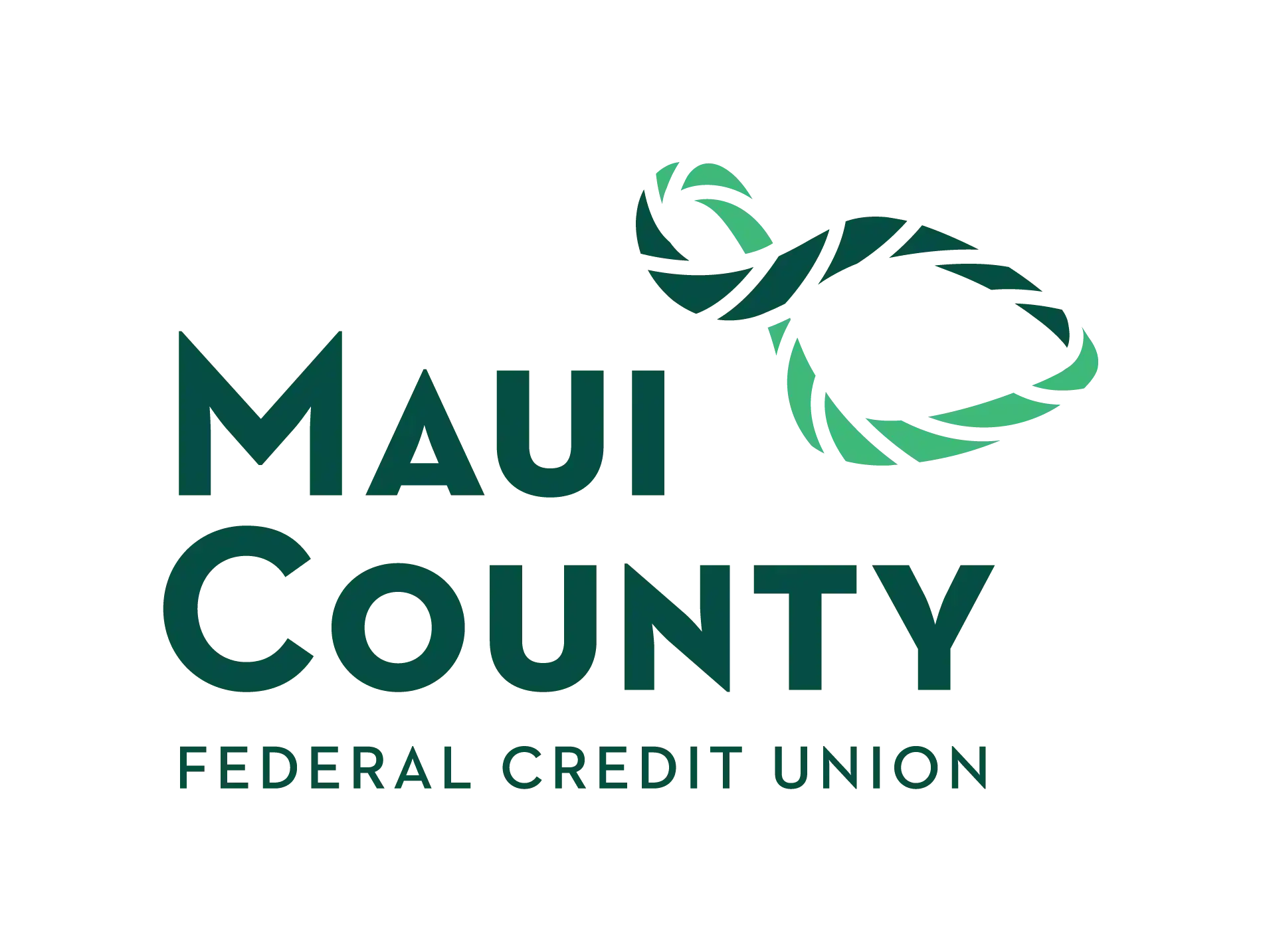Mayor and Council Chair Seek to Protect Visitor Tax
By Wendy Osher
Maui Mayor Alan Arakawa will join Council Chair Gladys Baisa in lobbying state lawmakers on Friday, Mar. 8, 2013, in an effort to retain the county’s hotel room tax revenue.
The transient accommodations tax, or TAT, has traditionally been partially remitted to the counties as a way to compensate and recognize counties across the state for their contributions and services that support the visitor industry.
County officials say state lawmakers are considering ending the counties’ share of the TAT or reducing reimbursements from their current levels.
Councilmember G. Riki Hokama introduced a resolution that will come up for consideration at next Friday’s Council meeting entitled, “Urging the Governor and the Hawai’i State Legislature to Oppose All Legislation to Repeal the Transient Accommodations Tax Distribution to the Counties.”
The resolution states that a repeal of TAT revenue to the counties will, “unduly shift the responsibility to maintain infrastructure, parks, and public health and safety costs to the residents of the county, primarily to real property tax payers who generate the county’s primary source of revenue.”
The resolution further states that a repeal of the TAT distribution to the counties would have a “detrimental effect” on county parks, roads, and public safety.
“More than two decades ago, the Legislature wisely decided to return a portion of hotel-room revenues to the counties because the growth of the visitor industry meant greater demands on county services, such as providing, maintaining and upgrading police and fire protection, parks, beaches, water, roads and sewage systems,” said Mayor Arakawa in a media statement today.
“Any reduction in the counties’ share of TAT revenues would mean that services would be reduced or facilities will deteriorate,” said Mayor Arakawa.
Chair Baisa said there is “a clear correlation” between the visitors’ impact on county infrastructure and the use of visitor-generated TAT revenue by the counties to cover increased infrastructure and public safety costs.
She said that as Maui County continues to see a rise in visitor counts, she expressed concern that a reduction from current distribution of TAT could hinder the county’s ability to fully participate in any economic recovery experienced by the state.
The county’s lobbying efforts are reportedly being coordinated by former Maui Council Chair Danny Mateo, who now serves as an executive assistant to the mayor.
***Supporting information provided by the County of Maui & Council Chair Gladys Baisa.











